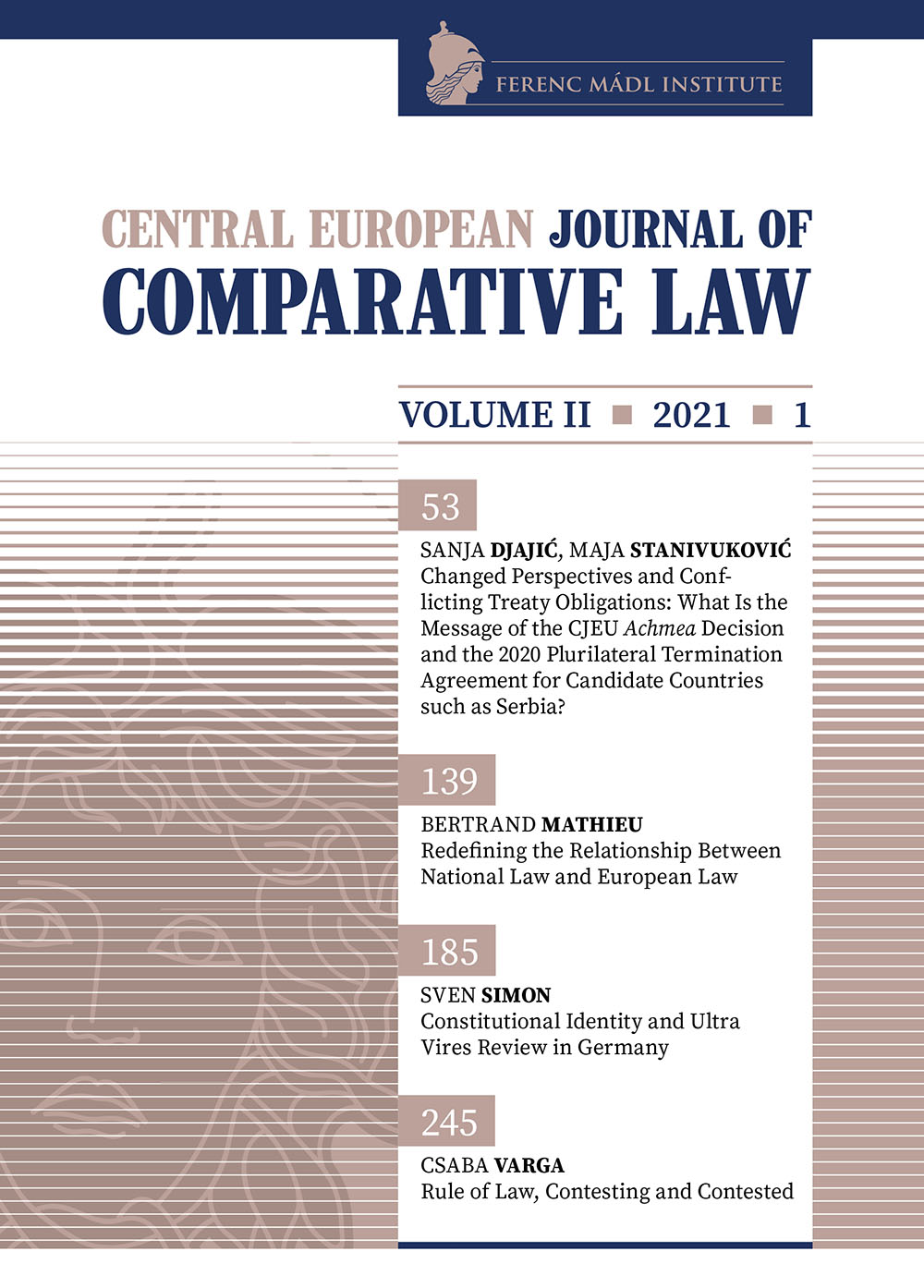Intergenerational Transfer of Family-run Enterprises by Means of Civil Law in Serbia
Intergenerational Transfer of Family-run Enterprises by Means of Civil Law in Serbia
Author(s): Vladimir Marjanski, Attila DudásSubject(s): Law, Constitution, Jurisprudence, Law on Economics, Commercial Law
Published by: Mádl Ferenc Összehasonlító Jogi Intézet
Keywords: family-run enterprises; inheriting company shares; individual entrepreneurships; general and limited partnerships; limited liability companies
Summary/Abstract: Family-run enterprises are business organisations in which the reins of control are concentrated in the hands of a single family or an individual who for the enterprise aims to continue operation through successive generations of the family. In Serbia, family-run companies usually begin as an individual entrepreneurship, a form of closed company (general and limited partnership) or relatively closed company (limited liability company). The legal difficulties that arise following the death of an individual entrepreneur (natural person) differ from those following the death of a member in a company (legal entity). Companies are imbued with rights and responsibilities separate from the personal rights and responsibilities of their members. Members of a company, including the head, are not considered owners of the company’s property in legal terms. Instead, they have shares in the company, and those shares entitle them to membership (management and proprietary) rights. Thus, when a member dies, the company’s property, in whole or in part, is not subject to inheritance (although that deceased member’s share is). This differs from the situation following an individual entrepreneur’s death. The law does not recognise a natural person conducting business as an individual entrepreneur as having two legal personalities (personal and business); everything is treated as personal. Therefore, all the assets and debts of a deceased individual entrepreneur are subject to inheritance, regardless of whether or not they were accrued in the course of business. The succession of a share following a member’s death is regulated separately for each company form, and all issues not governed by the Companies Act or a company’s incorporation document are subject to the rules of Serbia’s Law of Inheritance. Inheritance rules differ greatly for a share in a personal company (general or limited partnership) and a share in a capital company (limited liability or joint-stock company). In principle, whether or not a deceased member’s rights and responsibilities can be passed through inheritance depends on the company’s form, its incorporation document, and the relevance of the heirs’ connection to the deceased and the company. The less complicated these are, the fewer the legal obstacles to inheritance.
Journal: Central European Journal of Comparative Law
- Issue Year: 2/2021
- Issue No: 1
- Page Range: 119-137
- Page Count: 19
- Language: English

